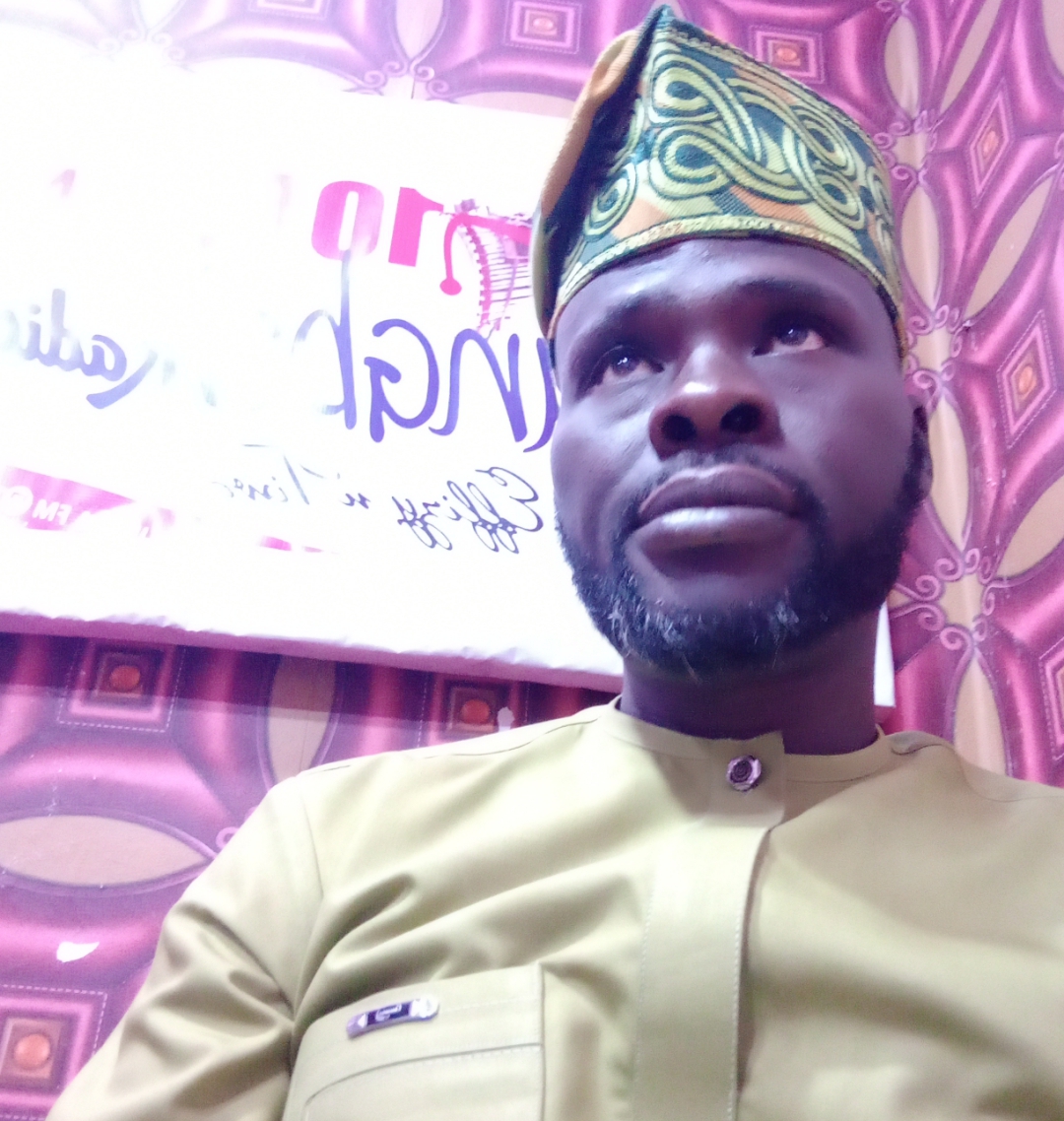By KP Reporter
Renowned online newspaper publisher Bilesanmi Abayomi, popularly known as KOKO, has called upon Nigerians to actively participate in politics and contribute membership dues in order to combat the prevalent moneybag syndrome. KOKO made this appeal during his appearance on the “Politics Naija” program hosted by Olalekan Eminent (Radio Jagaban) on Tungba 100.9 FM in Lagos, which was monitored by Kosofe Post.
Addressing the issue of internal party conflicts, KOKO emphasized the importance of unity and harmony within political parties to effectively deliver good governance. He highlighted that politics inherently involves conflicts and resolutions, and a strong leadership structure is crucial for managing internal party crises and ensuring smooth operations.
When discussing the concept of a third force in Nigerian politics, KOKO cited the example of the All Progressives Congress (APC) forming a merger in 2014 to oust the then-ruling People’s Democratic Party (PDP). He expressed disappointment that the current third force seemed unprepared to learn from history and lacked the necessary cohesion and strategic planning to challenge the ruling party, particularly evident in their failure to harmonize their varying levels of popularity and strength during the 2023 general elections in Lagos.
Congratulating Lagos State and Nigeria on the successful swearing-in ceremony held recently, KOKO shifted the focus to the Lagos State speakership race. He asserted that all contestants have the right to vote and be voted for, as guaranteed by existing laws. KOKO emphasized that holding such principal positions of honor in the legislative house facilitates the implementation of developmental projects and programs that benefit both the constituencies and the state as a whole.
Drawing examples from previous speakers, KOKO highlighted the significant benefits enjoyed by Epe and Agege, two local government areas in Lagos State, which produced prominent speakers who played instrumental roles in transforming their respective communities. He proposed that other deprived local governments should also be given the opportunity to produce future leaders of the House.
Responding to allegations that the Lagos State House of Assembly acts as a rubber-stamped arm of the government, KOKO pointed out that the blame lies not only with the house but also with citizens who consistently vote for the same party in both gubernatorial and legislative elections, thereby limiting the scope for opposition parties to provide checks and balances. He acknowledged that while the house may appear relatively quiet, issues of state interest are often treated as internal family affairs, leading to a perception of passive lawmakers among the public.
Regarding the selective distribution of palliatives and empowerment packages by politicians solely to their party members, KOKO acknowledged that such practices were unfortunately common but noted that a few exceptional politicians exist. He urged elected public office holders to perceive themselves as representatives of their constituencies rather than just representatives of their political parties. Additionally, he encouraged citizens to actively engage in good governance and speak up when necessary.
Commenting on ongoing tribunal cases across the country, KOKO highlighted the possibility of election results being overturned based on precedents from past elections. While rumors circulated about the appointment of the former Governor of Osun State, Isiaka Oyetola, as the Chief of Staff, KOKO suggested that the choice of Hon. Femi Gbajamibialla was a strategic move due to his youthfulness and dynamism. KOKO emphasized that the new Chief of Staff, having served as a legislator for 20 years, would bring valuable experience, sophistication, and exposure to foster a robust relationship between the executive and legislative arms of government.
Concluding his remarks, KOKO stressed the importance of both a strong ruling party and a formidable opposition in building the country to an enviable height and ensuring that citizens reap the dividends of democracy. He passionately urged Nigerians to actively engage in good governance, emphasizing that the collective participation of the people is vital for the nation’s progress.
KOKO’s call for Nigerians to participate in politics and pay membership dues to combat the moneybag syndrome has sparked conversations and garnered attention from various quarters. His insights into internal party conflicts, the significance of leadership in politics and good governance, and the need for a cohesive third force have stimulated discussions among political enthusiasts and citizens alike.
As an influential figure in the media industry, KOKO’s statements hold weight and resonate with many who are eager to see positive changes in Nigeria’s political landscape. His emphasis on unity, inclusivity, and the importance of citizens’ involvement in governance reflects the aspirations of a nation seeking progress and development.


